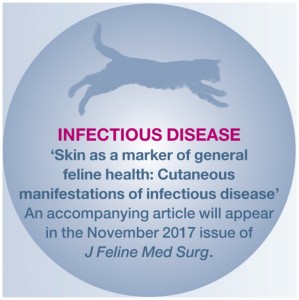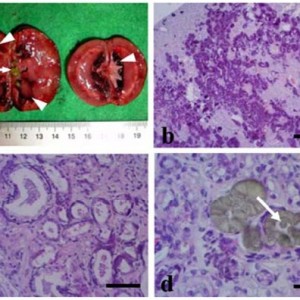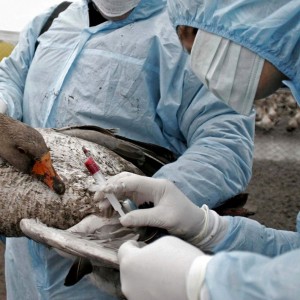Common Skin Cancers in Dogs: What Pet Owners Should Know
Skin cancer in dogs:
Skin cancer is common in dogs but differs significantly from skin cancer in people. The two most common skin cancers in people are basal cell carcinoma and squamous cell carcinoma. The ultraviolet radiation in sunlight is thought to be the causative factor in many human skin cancers.
Dogs frequently get skin cancer, but most are not associated with sun exposure. While many skin tumors are benign, some can be malignant and require prompt treatment. Skin cancer in cats is less common and some of the tumors are associated with sun exposure. When exposure to ultraviolet sunlight plays a role, cancers tend to occur in areas where pets have thinner or sparse fur, for example around the eyes, nose, and ears and on the lower abdomen. Dogs and cats with white hair coats and non-pigmented or pink skin are also more susceptible to skin damage from sunlight.
Understanding the most common types of malignant skin cancers in pets can help owners spot warning signs early and seek veterinary care when needed:
- Mast cell tumors (MCTs) are the most common malignant skin tumors in dogs. They also occur in cats but are less aggressive. Mast cells are a type of immune cell involved in allergic responses, and when they become cancerous, they can form lumps on or just under the skin.
MCTs can vary in appearance, some are raised and red, others are more subtle and can be mistaken for a wart or skin tag. The tumors may change size and be itchy due to the release of histamine and other chemicals from the tumor cells. Brachycephalic or short-nosed breeds such as Boxers, Bulldogs, Boston Terriers, and Pugs are more likely to develop mast cell tumors.
To diagnose a MCT, a small needle sample of the tumor is examined under the microscope. Treatment begins with surgical removal, and the majority of dogs and cats are cured of the disease with surgery. About 30% of the tumors in dogs and 10% of the tumors in cats can be aggressive and require follow up treatment with chemotherapy or radiation. It is recommended that all tumors be submitted to a veterinary pathologist to determine if the cancer is likely to spread or recur.
Melanomas in dogs arise from pigment-producing cells called melanocytes. This is the most common tumor in the mouth of dogs. These tumors are usually dark and pigmented and may bleed easily. Melanomas are not associated with sun exposure in dogs. Melanoma can occur in the skin but most often they are not aggressive, and surgery is curative.
Evaluation of a tumor biopsy is needed for diagnosis and determining if the tumor is at risk for aggressive behavior or spread. Treatment often includes surgery, and in malignant cases, immunotherapy with a melanoma vaccine known as Oncept® or radiation treatments may be considered.
Sun related skin cancers in pets:
Sun related skin cancers in pets are more common in areas with strong sun exposure such as the south and desert southwest. It is extremely rare for a pet living in New England for their whole life to develop skin cancer from sun exposure. Cats can develop squamous cell carcinoma on the ears, and anywhere the fur is thin on their face with high levels of sun exposure. These are treated with surgery, radiation, or immunotherapy. Prevention is difficult as most cats love to sunbathe. Sunscreens are not recommended due to the risk of ingestion of the cream when they clean themselves. Ultraviolet light blocking windows or screens are recommended for indoor cats.
Dogs may like to sit in the sun for warmth and some dogs may lay on their back to warm their stomach. Dogs that have white fur or little fur on their stomach (abdominal) area are at risk for sun related cancers in this area. The most common skin cancer caused by the sun is cutaneous hemangiosarcoma. If caught early, surgical removal is curative. With time the hemangiosarcoma of the skin can spread internally and be very aggressive. Sunscreen can be used in dogs. It is recommended to use a product that is fast absorbing with no perfumes or dyes. Products that are labeled safe for babies are usually safe for pets.
Early detection of skin cancer in dogs is key to successful treatment. Pet owners should regularly check their dogs for new lumps, bumps, or changes in the skin and consult a veterinarian if anything unusual is found. With early diagnosis and appropriate care, many dogs with skin cancer can live healthy, happy lives.
Carrie Wood, DVM, DACVIM, (Oncology) is an Assistant Clinical Professor in the Department of Clinical Sciences at Cummings School of Veterinary Medicine at Tufts University.
Source: https://vet.tufts.edu/














List
Add
Please enter a comment